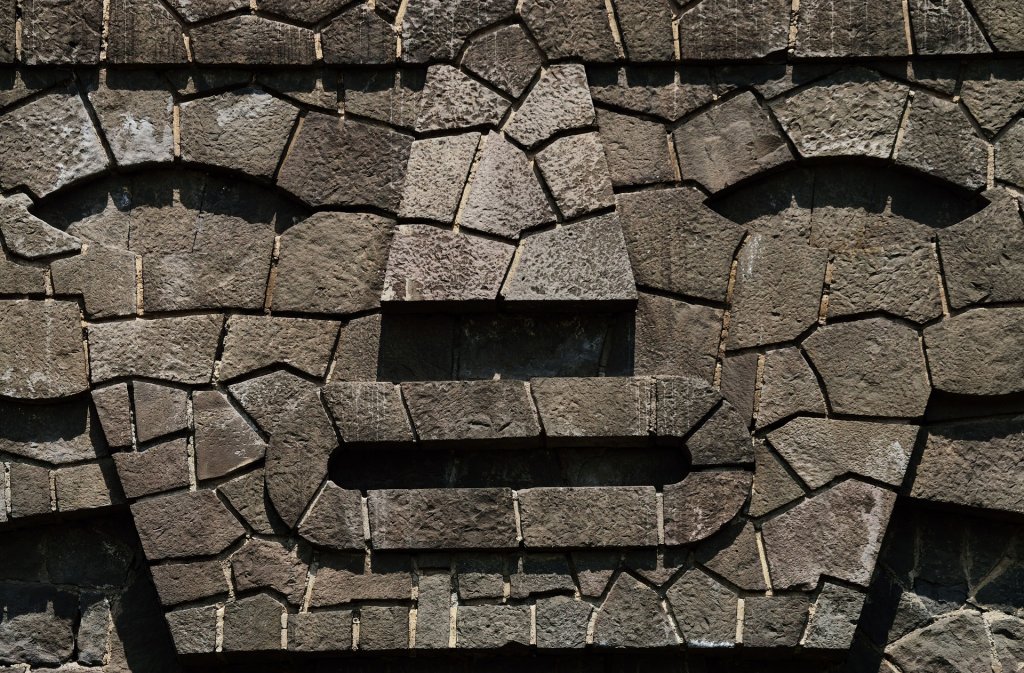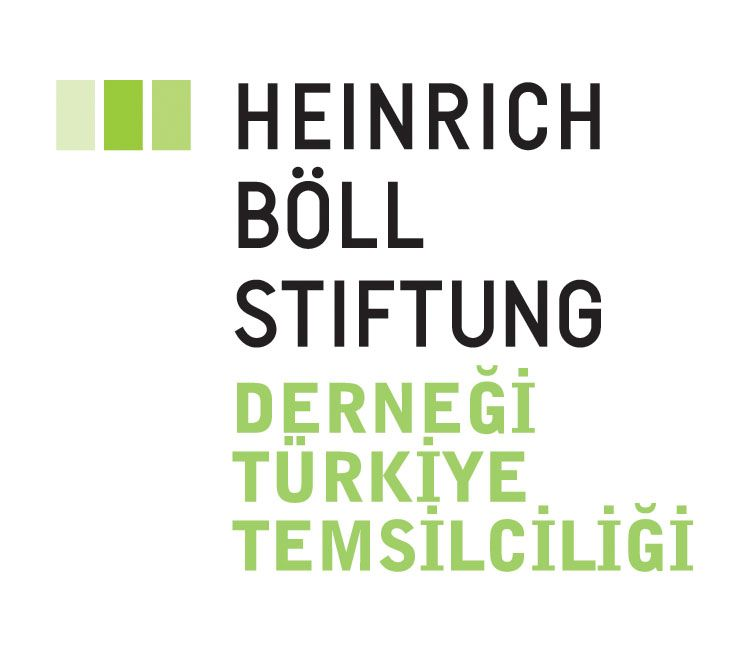
With the end of the Cold War, when Turkey intended to develop a more diverse foreign policy, Latin America and the Caribbean became a region of interest regarding diplomatic, economic, and cultural relations. To this end, “the Action Plan for Latin America and the Caribbean” was adopted in 1998. However, during that period, the aim of improving the relations was not reached, and the level remained relatively low. In 2006 the Action Plan was revised, and that year was declared in Turkey as “the Year of Latin America and the Caribbean”. Since then, official visits on presidential and ministerial levels between Turkey and several Latin American and Caribbean countries have been conducted,[1] new embassies have been opened mutually,[2] an trade, academic and cultural relations have been improved, complying with Turkey’s “enterprising and humanitarian foreign policy” motto.
One of the main motivations behind Turkey’s opening to Latin America and the Caribbean is to increase the trade volume with the region’s growing economies. Since the beginning of the 21st century, the region has received lots of attention due to drastic political and economic changes. Latin American and Caribbean countries have been developing significant intra-regional cooperation, signing bilateral agreements, and forming regional integration mechanisms. The United States is the top trade partner, especially for Mexico and most Caribbean countries. However, the historical context of relations between the U.S. and most of the countries in the region creates deep skepticism, especially among the left-wing governments, having them look for alternative trade partners. The European Union, taking advantage of some of its members’ cultural, historical, and linguistic proximity to the region, is another important actor in Latin America. Thus, in terms of multidimensional cooperation, the EU has a significant advantage in the region; however, the premise of promoting democracy in countries such as Venezuela draws some criticism too. China, establishing itself as a crucial trade and investment partner for some countries, is being criticized for heavily exploiting the region’s natural resources. Yet Beijing insists its relations with Latin America are based on South-South cooperation.
Alternatively, in addition to these actors, Latin American and Caribbean countries are seeking new trade partners, and Turkey is one of those countries. So far, Turkey has signed Economic and Trade Cooperation Agreements with Argentina, Bolivia, Brazil, Chile, Colombia, Costa Rica, Cuba, the Dominican Republic, Ecuador, Guatemala, Guyana, Honduras, Jamaica, Mexico, Nicaragua, Paraguay, Peru, Uruguay, and Venezuela. If Turkey aims to improve its economic presence in the region, further steps should be taken without imposing any prerequisites. For instance, free trade agreements and investment deals could benefit both sides. While Turkey underlines its growing capacity in sectors such as the defense industry, energy, and technology, Latin American countries could have a new market for their products in Turkey.
As part of her multifaceted foreign policy, Turkey has utilized soft power and public diplomacy instruments such as culture, education, and media in Latin America. For instance, Turkish Airlines have launched direct flights from İstanbul to numerous Latin American and Caribbean cities in Argentina, Brazil, Colombia, Mexico, Venezuela, Cuba, etc. The Ministry of Culture and Tourism Turkish Cooperation and Coordination Agency (TİKA) operates with two Program Coordination Offices in Latin America (Bogota and Mexico City). The Agency has been funding numerous projects in the LAC region, focusing primarily on development assistance and humanitarian aid. In the education sector, the Yunus Emre Institution in Mexico City and the Turkish Maarif Foundation’s schools in Bogota and Caracas are helping Turkey to promote its presence in the region. In the media sector, TRT External Services Department launched TRT Español and TRT Português, while Anadolu Agency opened an office in Bogota.
Moreover, in August 2022 Ministry of Culture and Tourism Presidency for Turks Abroad and Related Communities (YTB) announced a research support program to fund projects in fields such as Latin American migration history, migration sociology, Latin America’s Middle Eastern Diaspora entitled “Los Turcos, Migration to Latin America”, reflecting that the immigrants from the Ottoman territory to the Latin American region during the 1860s until the World War had been called Los Turcos by the Latin American authorities and people in general.
Similarly, several scientific and academic exchange programs, scholarships, exhibitions, fairs, and conferences are organized by various public and non-governmental organizations for more people in Latin America to have information about Turkey and develop relations in every field. Despite the geographical distance, Turkey is becoming a popular tourism destination for Latin American people thanks to Turkish television series and popular figures that create a great interest in the Turkish language and culture. These soft power instruments are helpful in terms of promoting Turkey’s rhetoric of peaceful and cooperative foreign policy as defined by the Ministry of Foreign Affairs as “enterprising and humanitarian”.
Expanding political, diplomatic, economic, trade, cultural, and social relations with Latin American and Caribbean countries would be fruitful in many areas of Turkey’s foreign policy. Winning these countries’ support (and vote, if necessary) could make Turkey a powerful player in endorsing her interests in the United Nations and other international organizations. For instance, most Latin American countries, like Turkey, already support Palestinian arguments in terms of issues such as the Palestine-Israeli conflict. Similarly, suppose Turkey improves its relations with Latin American countries such as Argentina and Uruguay, where they have a significant Armenian population. In that case, it could also reflect on its relations with Armenia. Moreover, as part of her soft power in the region, Turkey could highlight her historical connection with Latin American people by creating comprehensive social and cultural bonds with Los Turcos.While Turkey advocates for more balanced representation in the United Nations, convincing Latin American and Caribbean countries could be advantageous.
Consequently, Turkey needs to underline her position
as an equal partner to move relations further. Since Turkey has no colonial
history in the region, governments and people are not skeptical of Turkey’s
goal of increasing its presence in the region. On the contrary, they are eager
to improve their relations with Turkey. Since Turkey and Latin America, and the
Caribbean countries have no direct conflicts, it would be easier to establish a
dialogue on international issues with mutual respect and understanding. Therefore,
with such cooperation, they could redefine the role and position of developing
states as significant actors in the international system and defend their
common interests.
[1]The presidents and ministers of Brazil, Argentina, Chile, Colombia, Ecuador, Mexico, Costa Rica visited Turkey, while, then Turkish Prime Minister Recep Tayyip Erdoğan and state, foreign, trade, and defense ministers visited the region. President Erdoğan visited Mexico, Colombia, and Cuba in February 2015 and Chile, Peru, and Ecuador in the beginning of 2016.
[2] As of September 2022, Turkey has Embassies in Argentina, Bolivia, Brazil, Chile, Colombia, Costa Rica (accredited to Nicaragua), Cuba (accredited to the Bahamas and Jamaica), the Dominican Republic, Ecuador, El Salvador, Guatemala (accredited to Honduras and Belize), Mexico, Panama, Paraguay, Peru, Uruguay, and Venezuela. These countries, except for Uruguay, have their embassies in Ankara. Uruguay has General Consulate in İstanbul and announced its intention to open an embassy in Ankara. Turkey has an Embassy in Trinidad and Tobago which is accredited to Barbados, Grenada, Guyana, Saint Lucia, Saint Vincent and Grenadines, and Suriname.

Assoc. Prof. Ceren Uysal Oğuz, Akdeniz Üniversitesi
Ceren Uysal Oğuz, graduated from Marmara University, Department of International Relations. She completed two master’s degrees in the field of European Union at Marmara University European Community Institute, then at Università Cattolica del Sacro Cuore Milano Italy with a Jean Monnet Scholarship. She completed her doctorate at Akdeniz University, Department of Public Administration with her thesis on climate change. She is a co-editor of the book “Latin America in the 21st Century: Politics-Economy-Society” and has various publications on Latin America, climate change, environmental politics, and the European Union. She has been working as an associate professor at Akdeniz University, Faculty of Economics and Administrative Sciences, Department of International Relations.
To cite this work: Ceren Uysal Oğuz, “Turkey and Latin America: New Era of Opportunities, Panorama, Online, 31 October 2022, https://www.uikpanorama.com/blog/2022/10/31/cu/

This article has been prepared with the support provided to the International Relations Council and the Global Academy by the Heinrich Böll Stiftung Association Turkey Representative within the scope of the project titled ‘Foreign Policy for the 21st Century; Peaceful, Equitable, and Dynamic Turkey’.
Copyright@UIKPanorama. All on-line and print rights reserved. Opinions expressed in works published by the Panorama belongs to the authors alone unless otherwise stated, and do not imply endorsement by the IRCT, Global Academy, or the Editors/Editorial Board of Panorama.


